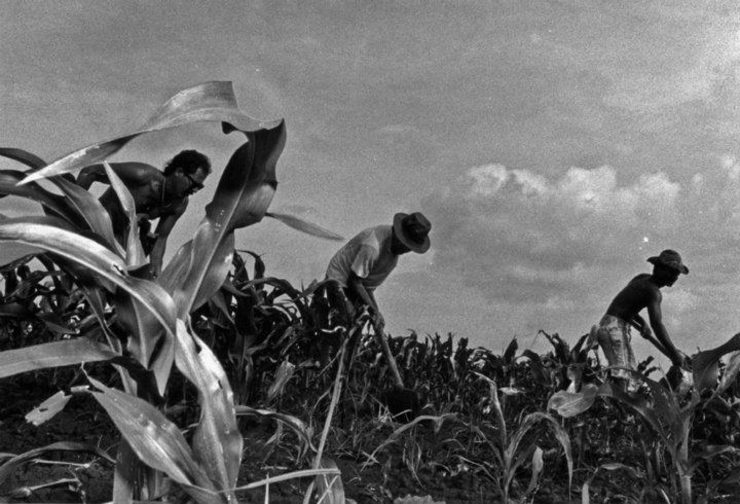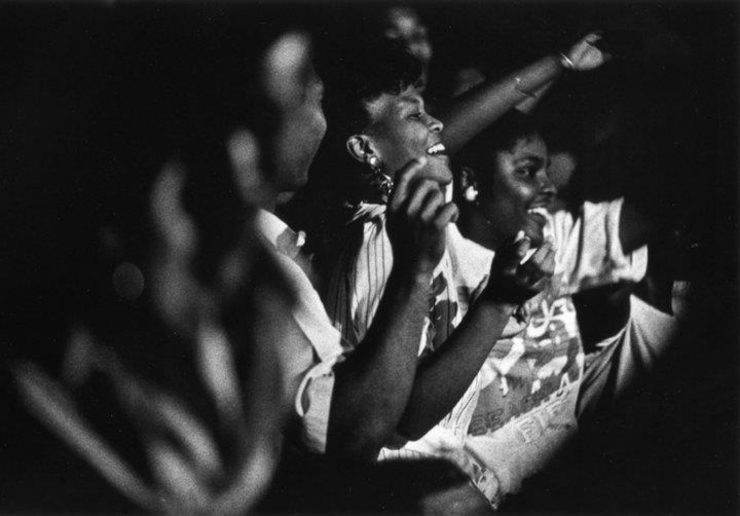SUMMARY
This is AI generated summarization, which may have errors. For context, always refer to the full article.

On December 17, the United States and Cuba surprised everyone by announcing their move to ease their 5-decade-old freeze in ties. At the heart of this is the aim of normalizing diplomatic ties and the lifting of an economic embargo – which photographer Rick Rocamora saw first-hand 24 years ago.
It took me a long time to make a decision to quit corporate work and become a full-time documentary photographer. It was the urging of the late Gordon Parks during our meeting at the Smithsonian in November 1990 after showing him my portfolio to follow my passion that I decided to give up the perks of a corporate life and launch my career in documentary photography.
The first trip I took was to go to Cuba and document what many of my friends in the national liberation movement describes as a model of what can be possible for country like the Philippines where the struggle for an equal and just society is being waged for years.
While there was equality among its residents, free education, health care, and collective work and decisions for every aspect of their lives, the impact of the US embargo is very visible in their food, transportation, infrastructure and their daily way of life.

I made five trips to Cuba during the succeeding years, some on specific assignments for organization and some on my own, some during the special period when they lost the support from the Soviet Union.
In all those trips and with the photographs I brought back for publication and exhibition, I came to admire the tenacity of the Cuban people to survive against all odds to protect their sovereignty and their chosen government structure.
My work in Cuba could have been a book to be published by Temple University Press but I withdrew my commitment because I have beautiful images but not enough to show the impact of the embargo.
While walking on the street of Pinar del Rio, a mother selling her wares on the side of the street said “ Senor, mi hija habla ingles” (Mister, my daughter speaks English) and I curiously ask the little girl “ Mija, habla ingles por favor” (Little girl, please speak in English) and she answered my question without any hesitation “Fuck You.”
After the response, I had a smile on my face and wondering, is that for me or the Americans?
– Rappler.com
Add a comment
How does this make you feel?


There are no comments yet. Add your comment to start the conversation.